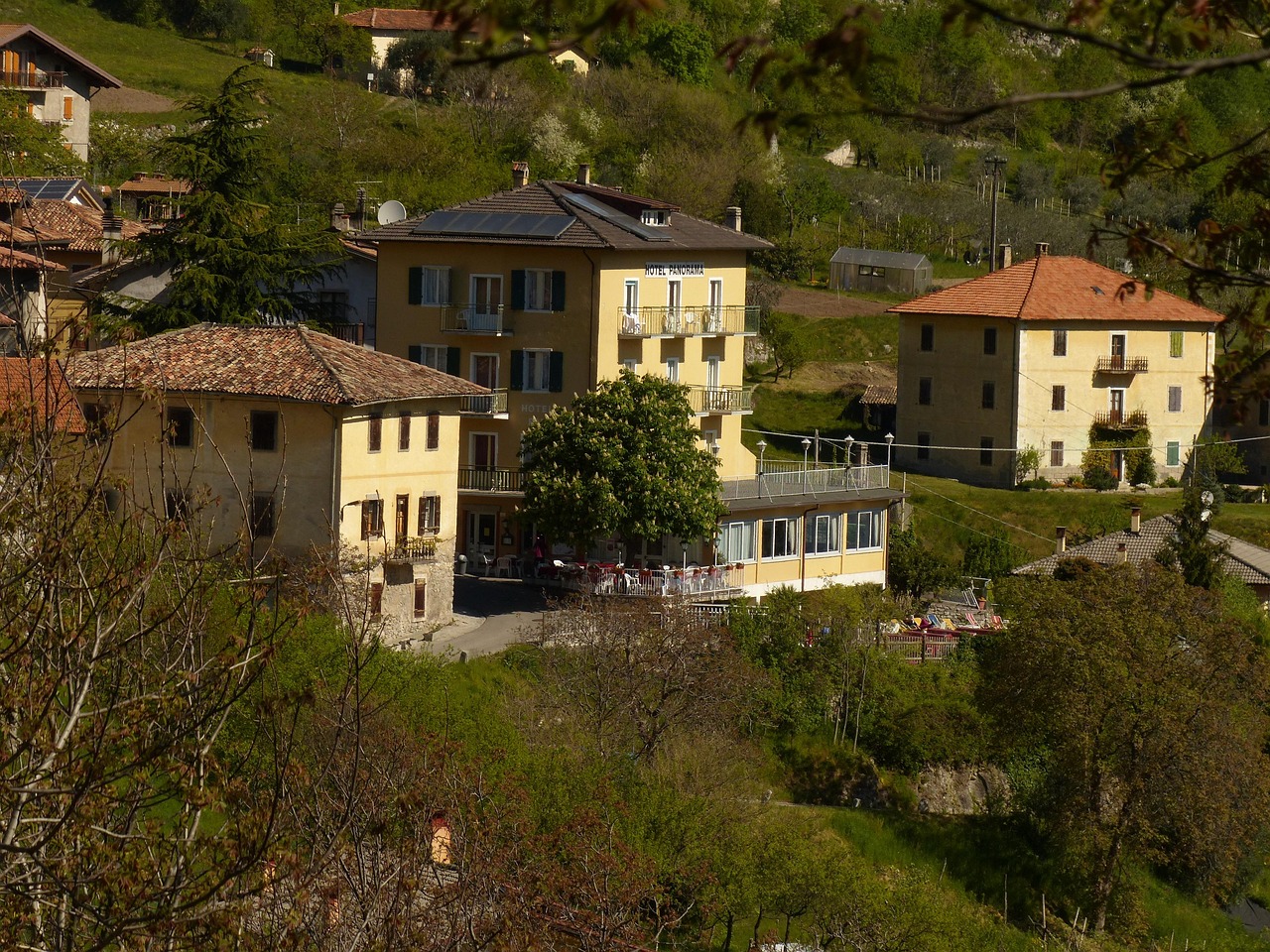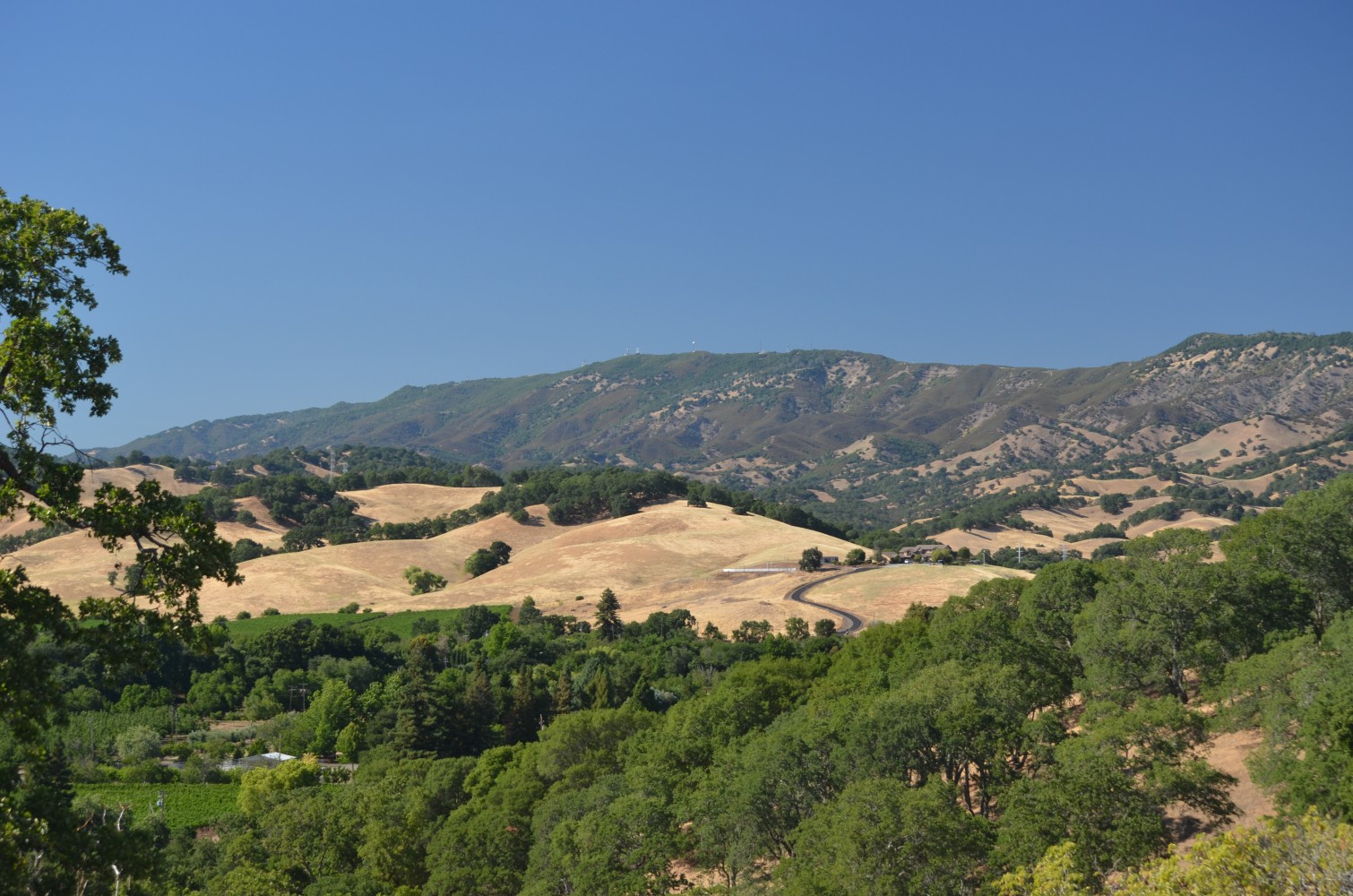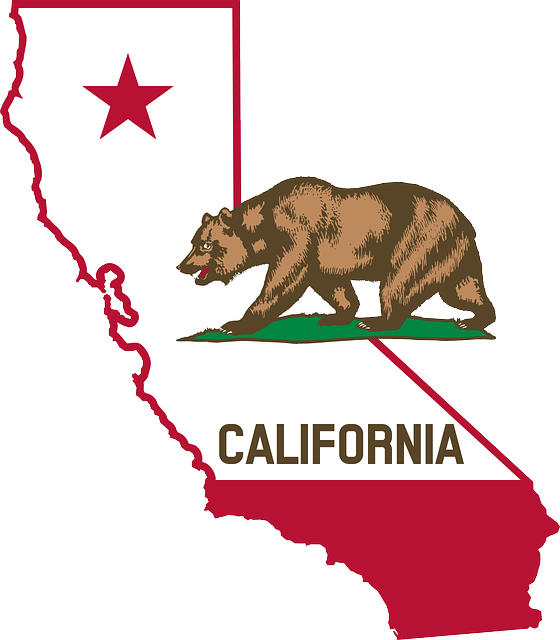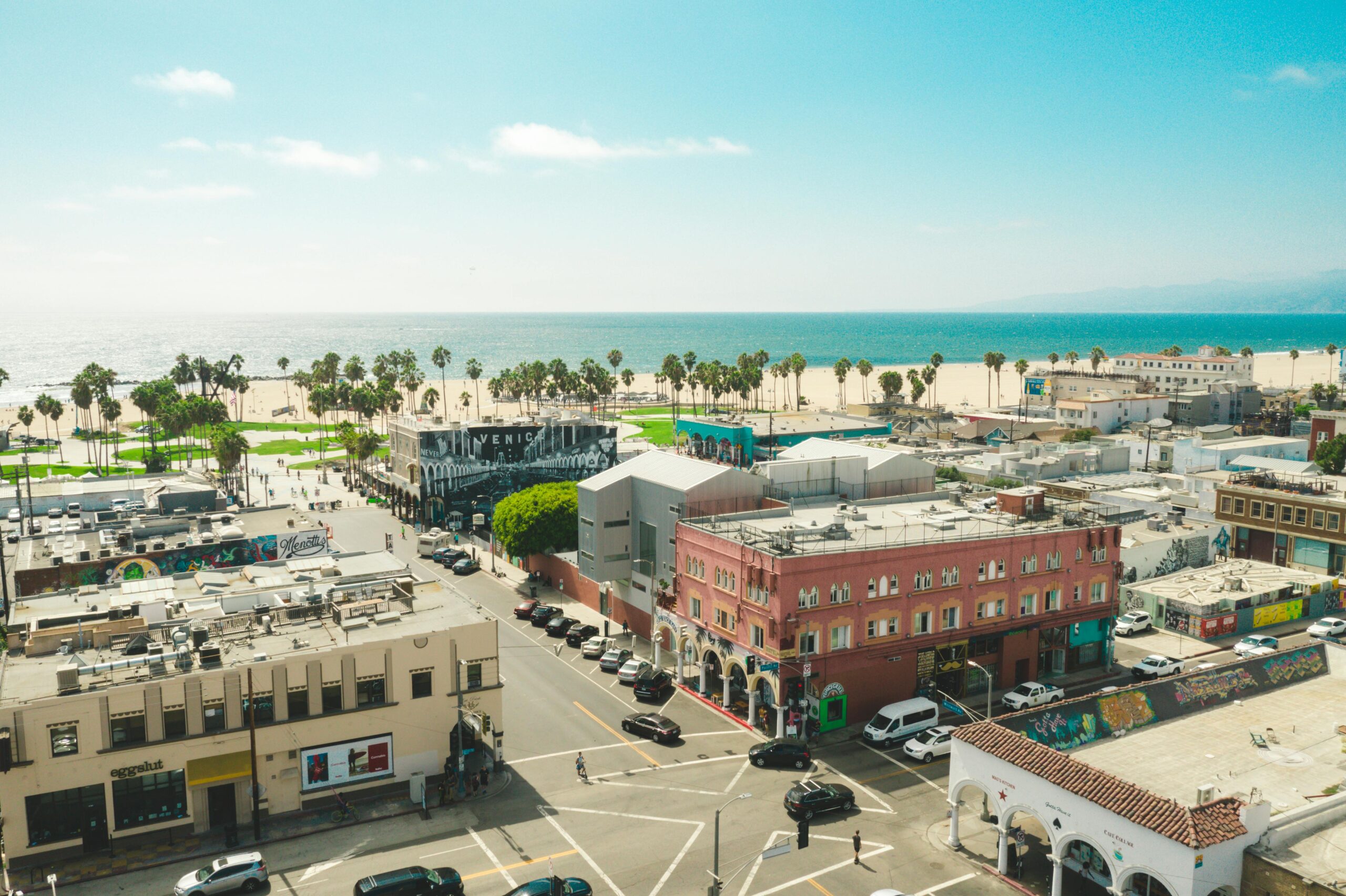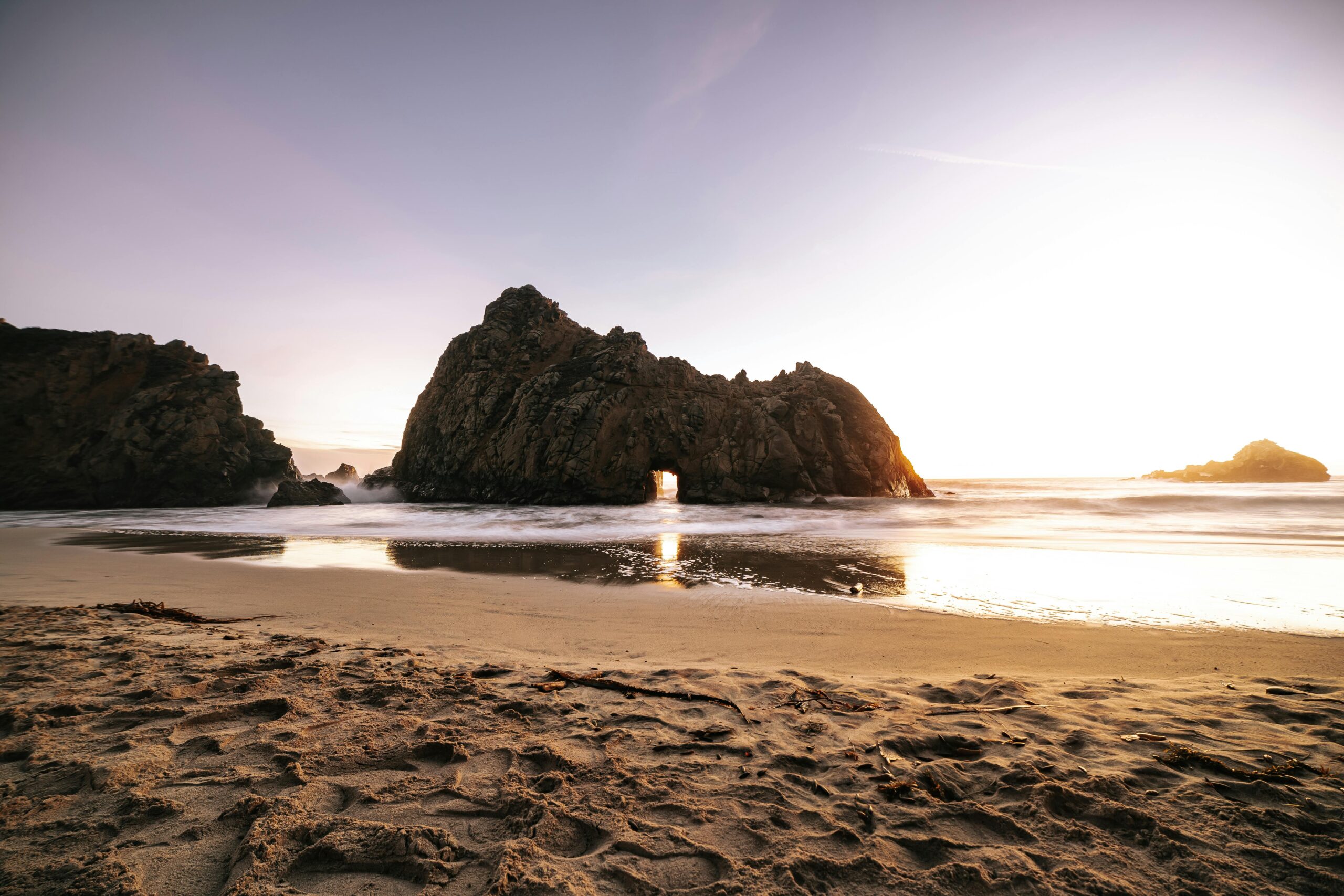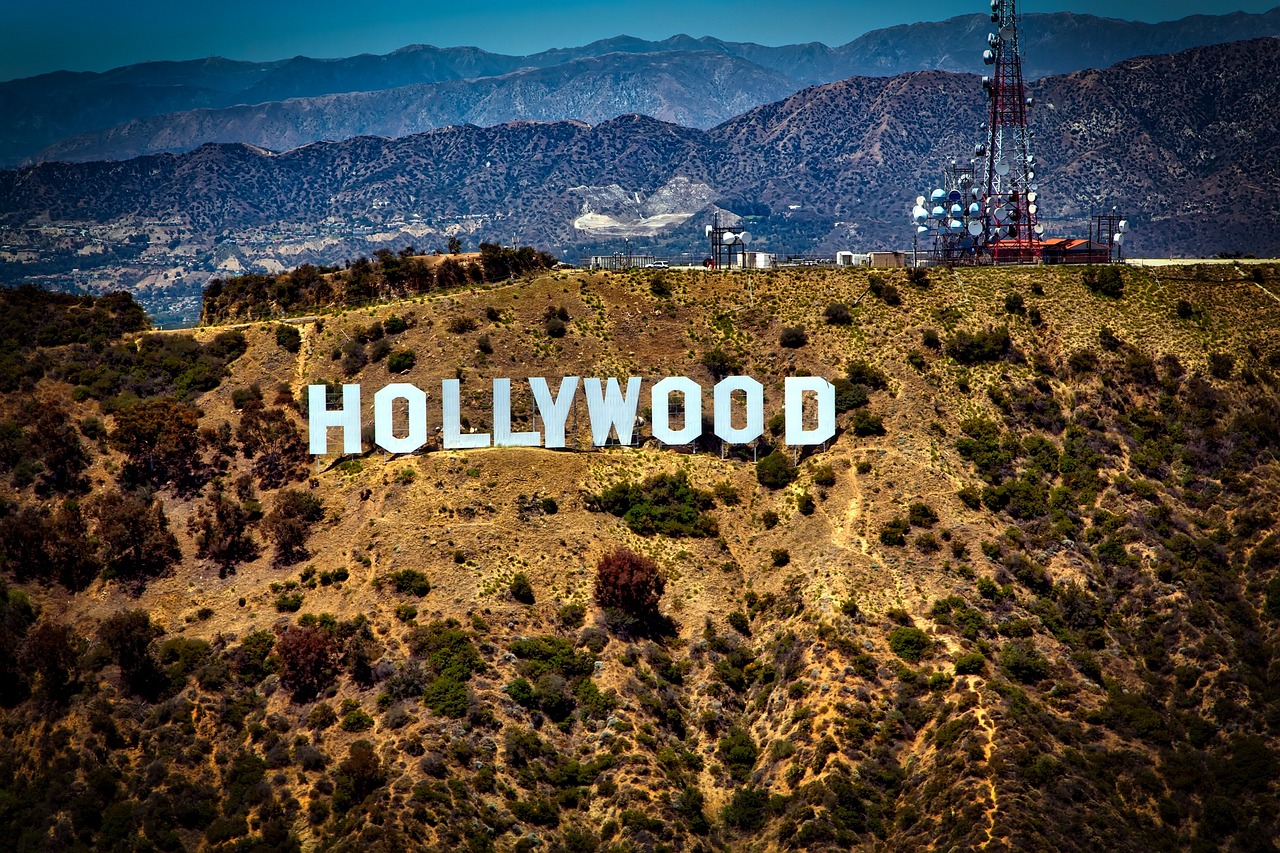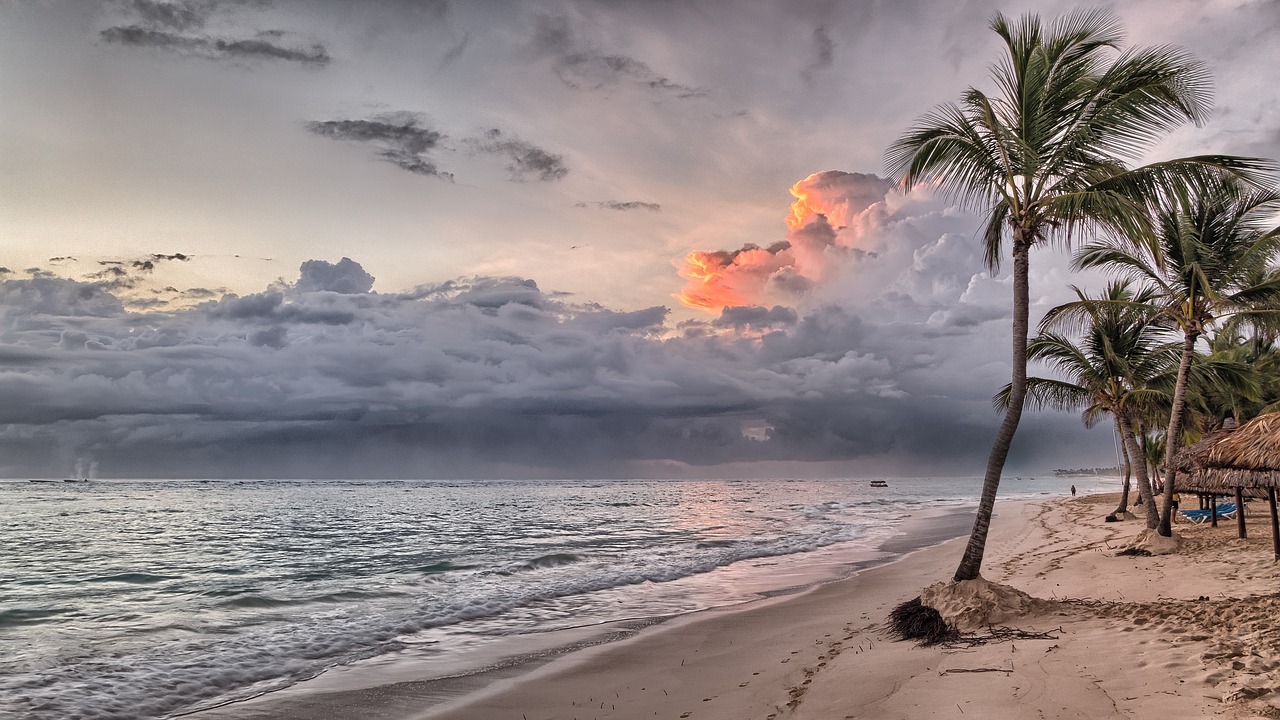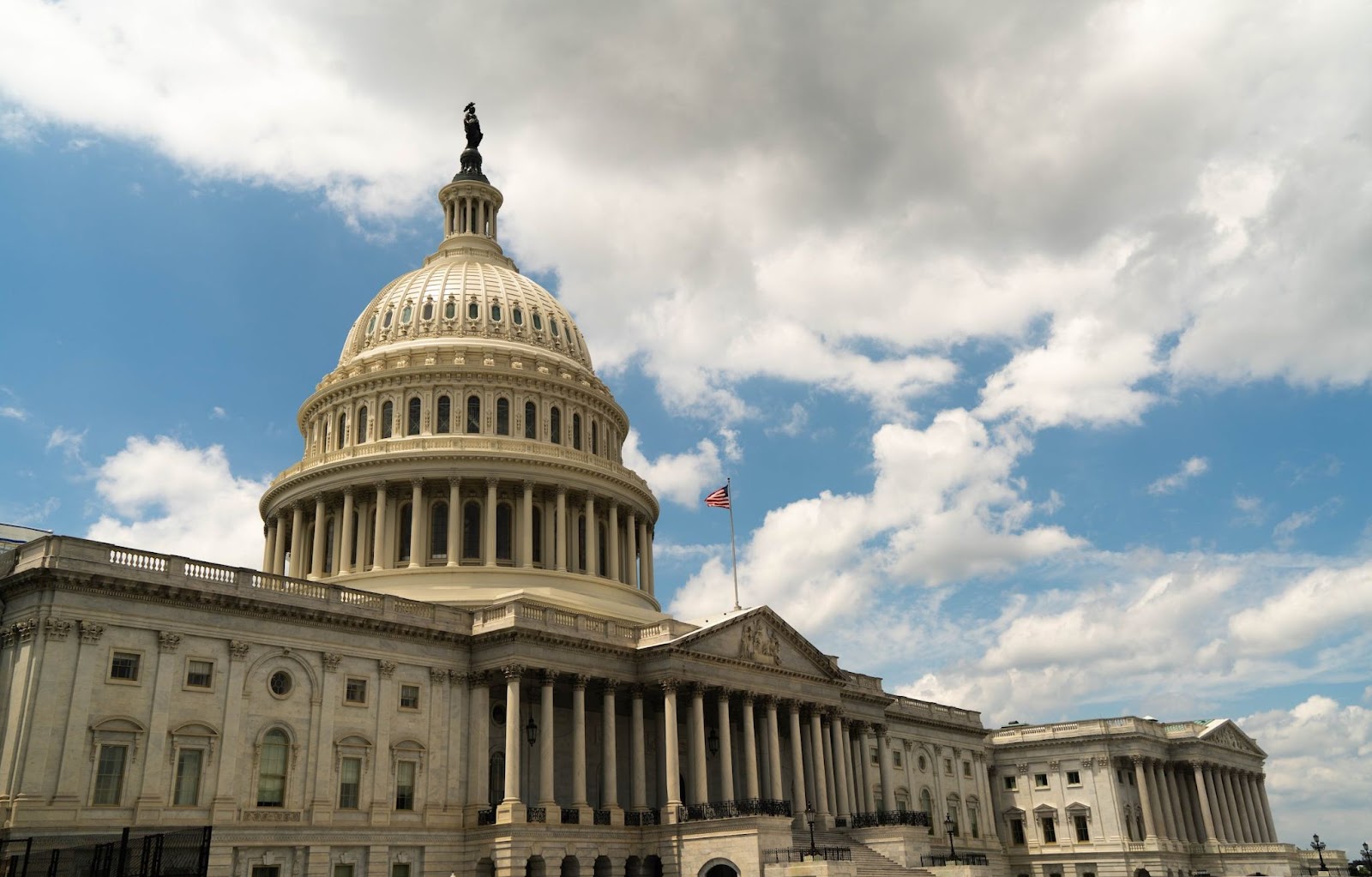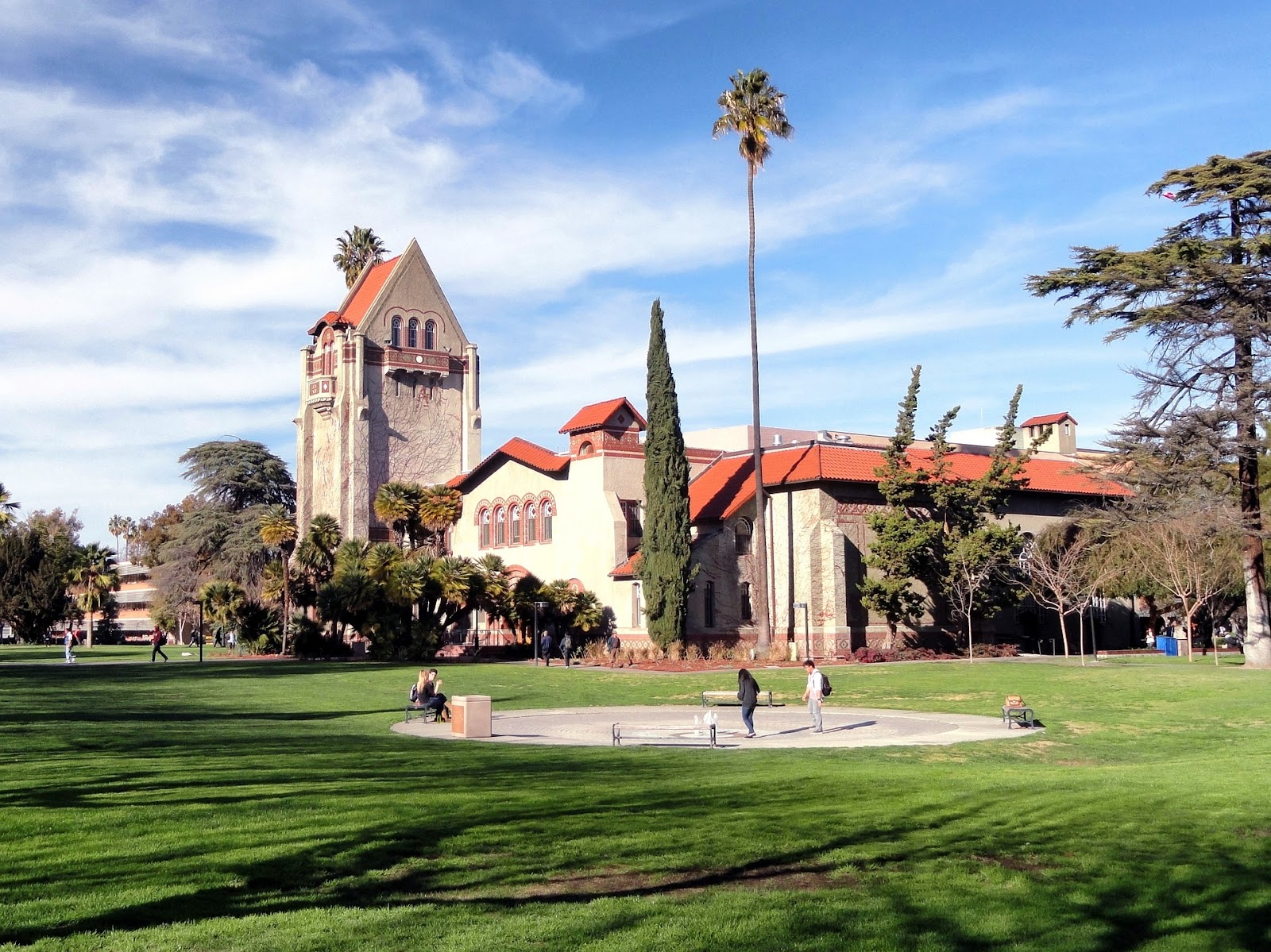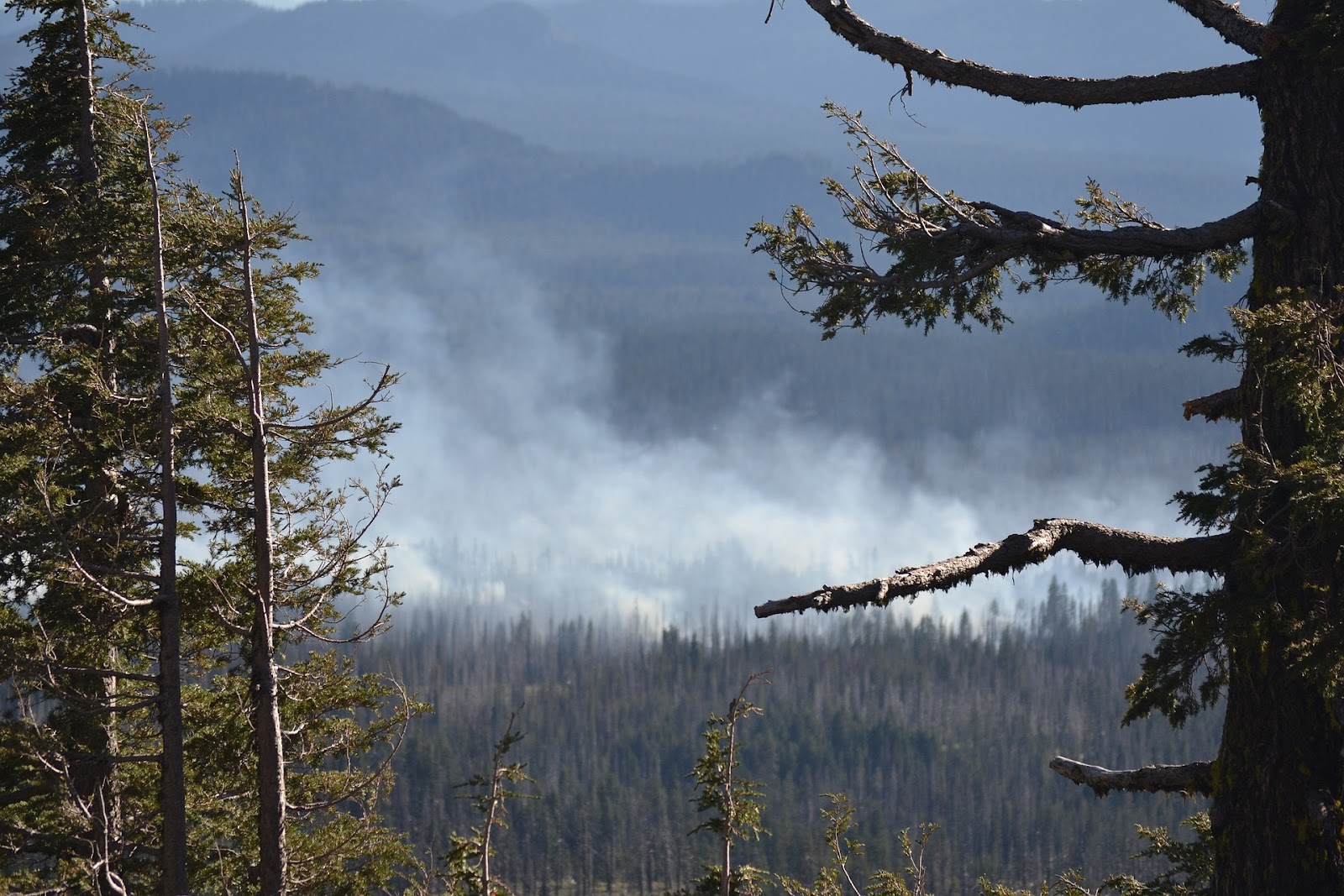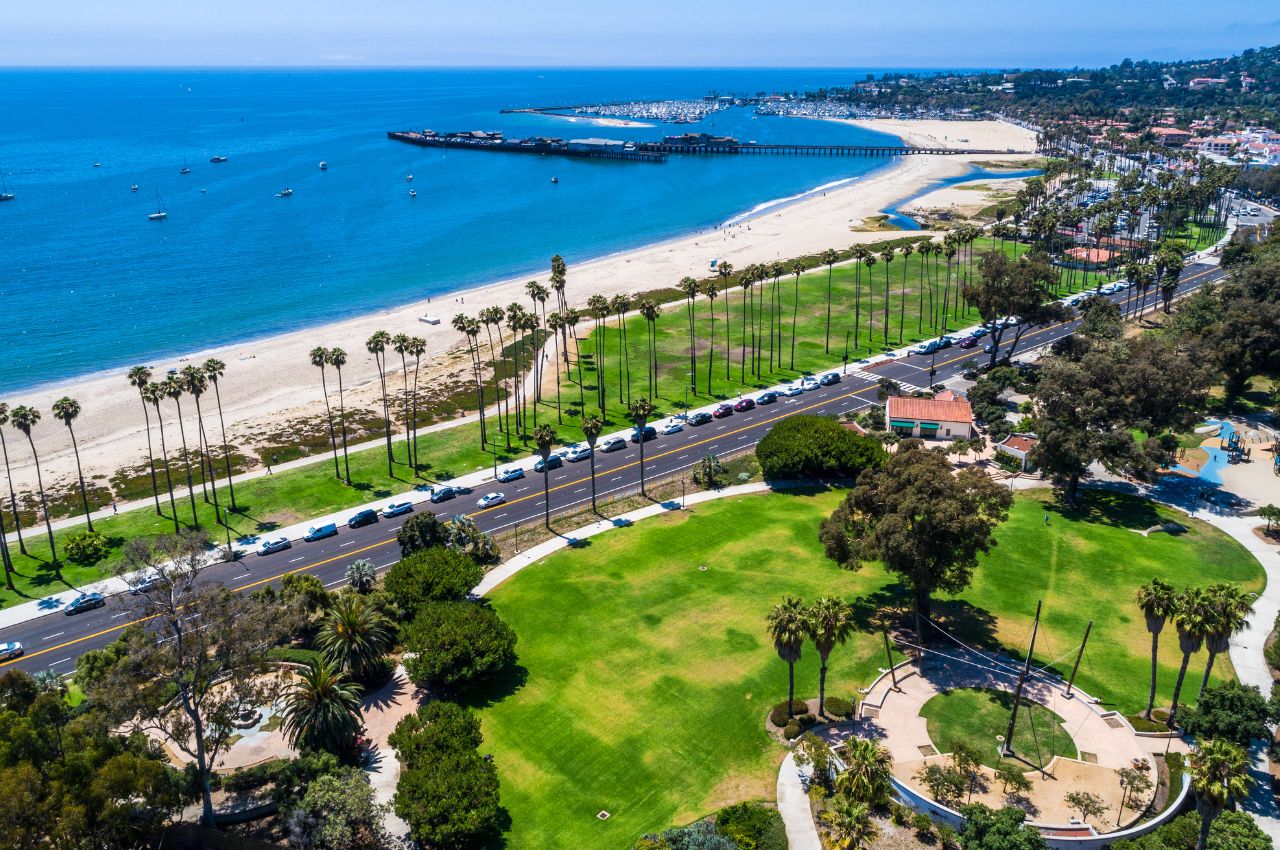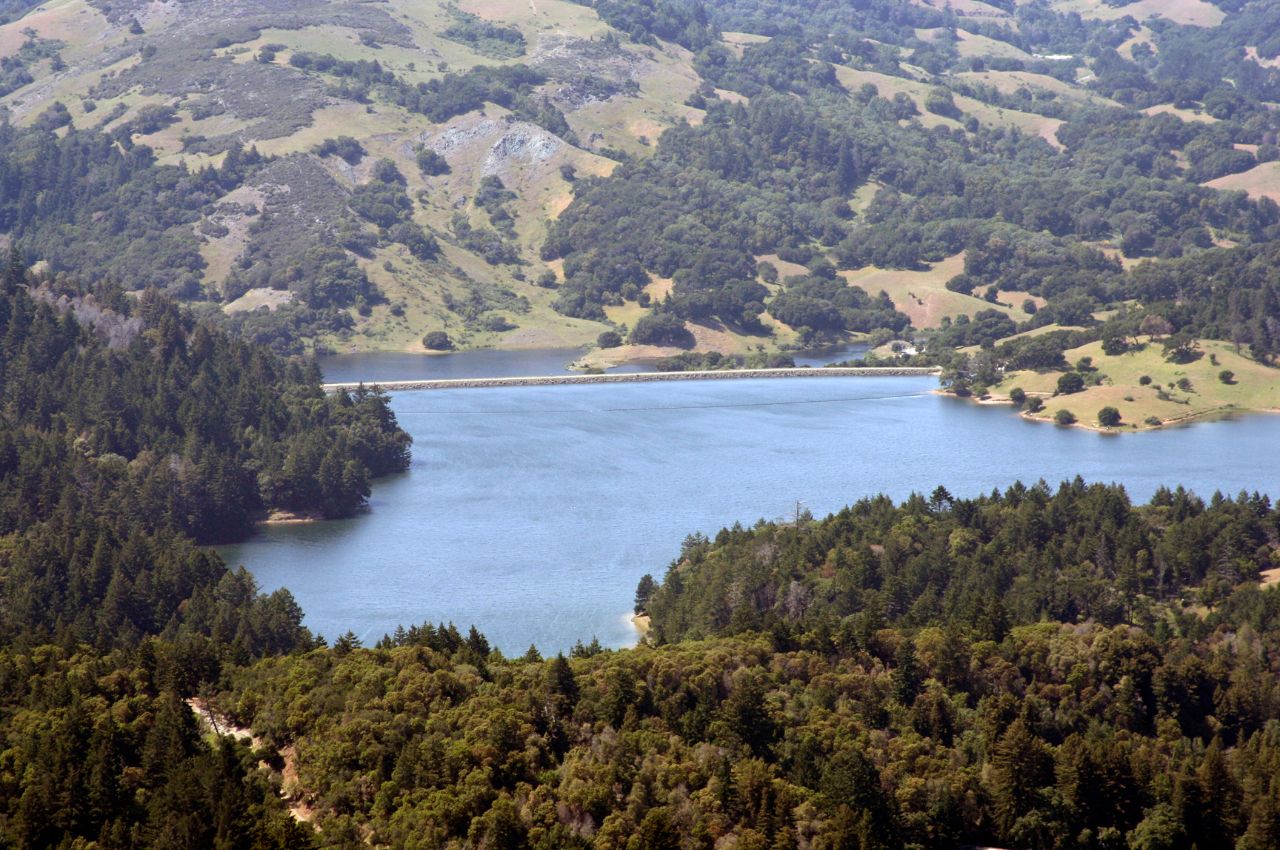Arrowhead Bottled Water, established in 1885, began its operations by selling spring water from a hotel in the San Bernardino Mountains. However, the company has faced substantial opposition over the years due to unauthorized water extraction practices. Environmentalists and local communities have consistently raised concerns about the company’s illegal tapping into the San Bernardino National Forest springs without proper authorization. Recent developments have confirmed these concerns, as the state water resources control board has upheld the claims against Arrowhead.
State Board Decision and Impact
The recent decision by the state water resources control board marks a significant turning point for Arrowhead. The board’s unanimous cease-and-desist order imposes strict limitations on the volume of water that the company’s parent entity, Blue Triton Brands, can extract from the region. This ruling signifies a major victory for environmental advocates and reflects a sustained effort to maintain the ecological balance of the San Bernardino Mountains. Laurel Firestone, a board member, emphasized the importance of upholding state laws regardless of the financial stakes involved. “I understand a huge amount of money and business is at stake,” Firestone remarked, “but it’s crucial that we enforce our laws and ensure that they apply to everyone.”
In response to the cease-and-desist order, Blue Triton Brands has indicated its intention to challenge the directive legally. The company’s legal team is preparing to “vigorously defend our water rights through available legal processes.” They argue that they have substantial evidence demonstrating their historical use of the springs dating back to before 1914, when state regulations on water usage were established. Blue Triton is confident that its longstanding history will grant it seniority rights under California’s water rights system.
Legal Contention and Community Response
Blue Triton has also cited a 1931 court ruling as evidence of its legal right to use the spring water. This argument, which has been largely uncontested for decades, faces a new challenge. During a recent hearing, California authorities remained steadfast, dismissing Blue Triton’s claims. The state’s regulators assert that the company’s 1929 claim date does not qualify it for seniority under current water rights laws. Furthermore, the 1931 court case resolved a minor dispute between two parties and did not endorse the company’s rights to exploit the springs. As a result, state regulators have the authority to enforce the cease-and-desist order.

The decision has been met with approval from the local community, which has long campaigned against the company’s water extraction practices. Many residents have reported significant ecological damage caused by Blue Triton’s operations. Amanda Frye, a Redlands resident, has dedicated considerable time to reviewing the case documents. She describes the adverse impact of the company’s activities, noting, “Strawberry Creek can no longer support fish.” Frye elaborated on the situation, stating, “Essentially, they inserted a straw into each spring and diverted it down the mountain to their trucks to take it away.”
The cease-and-desist order against Blue Triton Brands is seen as a pivotal moment in the ongoing conflict between environmental preservation and corporate interests. This ruling underscores the importance of adhering to environmental regulations and protecting fragile ecosystems. As the legal battle continues, both environmentalists and community groups remain committed to safeguarding the San Bernardino Mountains from further exploitation by corporate entities.




















